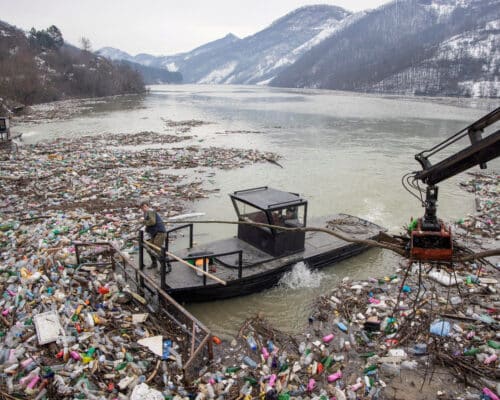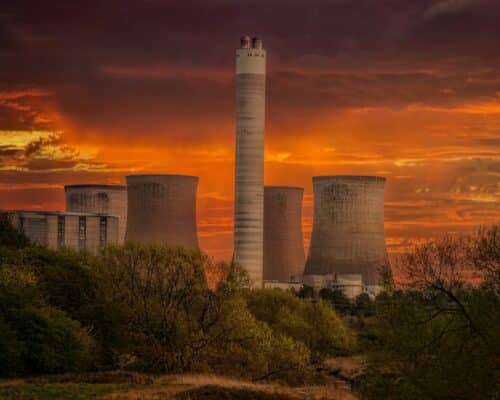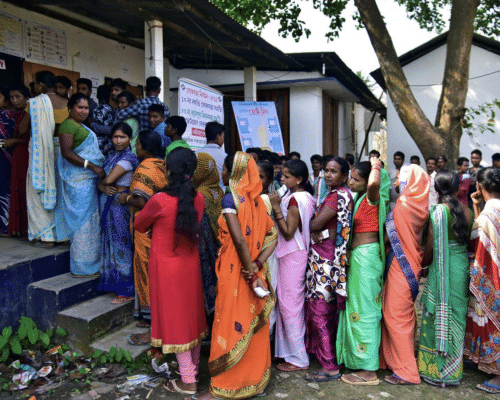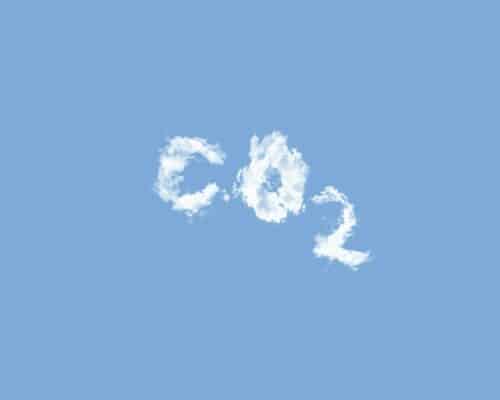Articles
Australia: Carbon Emissions, Pacific Island Nations and COP27
Australia’s carbon emissions and controversial stance on fossil fuels have put it in a sticky situation with Pacific Island nations. Will the world’s sixth largest country demonstrate climate leadership at COP27 and help save the Pacific’s fragile states?
What Is India’s COP27 Agenda?
Fed up with paying the price for the damage it didn’t cause, India’s COP27 participation will largely focus on securing compensation for climate change impacts. The country has even set this as a condition for delivering on its climate commitments. Could India finally get climate justice for itself and other developing nations?
Climate Negotiations Agenda at COP27 2022
Leaders at COP27 should look at climate change as a way to foster geopolitical stability and unite the disjointed world powers to overcome the energy, food and climate crises.
Can Australia Finally Tackle Climate Change?
Australia's relationship with climate change action has been a complicated story. However, the conversation is shifting from Australia's lagging progress to one of the countries potentially becoming a clean energy superpower.
Using Transition Bonds For Ammonia and Blue Hydrogen Projects: The Risks For Investors and the Issuing Companies
Using transition bonds to fund blue hydrogen and ammonia projects risks extending the climate crisis. But, more importantly, it tarnishes the idea of climate financing at a time when it is needed the most.
COP27 Egypt and the Road to Net-Zero
COP27 shouldn't be yet another conference where promises are broken without consequences. Instead, it should be the stage where global leaders start making actual progress in protecting the most vulnerable to climate change.
Is Natural Gas Renewable?
Natural gas is a fossil fuel that has been created in the Earth's crust over millions of years. It is cleaner than coal and oil but primarily consists of methane, which is a greenhouse gas far more potent for global warming than carbon dioxide. Investing in natural gas is not a viable long-term alternative to other fossil fuels. Yet, it can act as a "transition" fuel to bridge the energy gap to renewables in the short term.
Fossil Fuel Advertising Ban: The Cities Taking the Lead
Cities are coming together on fossil fuel advertising bans globally in an effort to promote decarbonisation and discourage greenwashing.
Climate Displacement in Asia Has Begun
Asia's climate displacement is already underway as extreme weather events from climate change affect the region. A swift response is a must.
Could Hydropower Be the Answer to the Philippines’ Energy Woes?
The Philippines aims to generate 35% of its energy from renewable sources by 2030. This plan will increase hydropower capacity by over 160% through incentivising local and foreign investment. The Department of Energy has already approved 450 new hydropower facilities in recent years, and we expect this trend to continue into the coming decades.
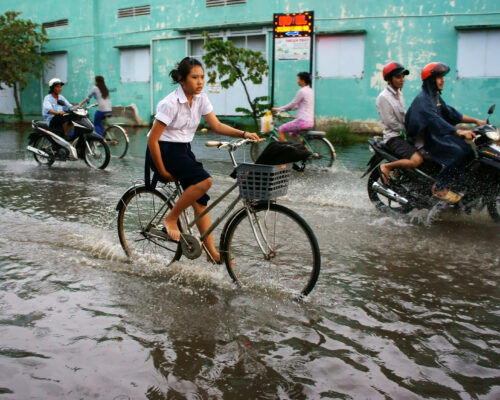
COP27 Priorities: Climate Change Adaptation and Mitigation
Mitigation is critical to minimise the risk of climate change's worst impacts, but failing to fund adaptation will take a toll on the most vulnerable. Both aspects should be priorities for COP27.
Hydropower in Indian Himalayas: A Ticking Time Bomb
Hydropower in the Himalayas is a significant source of clean energy in India. Yet, large tracts of the region are unsuitable for industrial projects due to geological instability, climate change impacts on water sources and now more frequent extreme weather events.
A Push For Loss and Damage Finance at COP27
Loss and damage severely threaten the human rights of affected people, communities and future generations in vulnerable countries. Loss and damage is a climate justice issue. It is causing unprecedented human suffering around the world. This is a strong enough reason for developed countries to act, and COP27 will be the best stage to bring this to the forefront.
Worst Companies for the Environment: Holding the Renewable Energy Transition Back
The companies with the most extensive resources are often the biggest climate laggards. Realising the difference they can make and starting to support the global clean energy transition would be massively beneficial for their own good and the future of everyone else.
Most Popular
Most Popular
Categories
-
9
-
31
-
127
-
4
-
17
-
39
-
51
-
14
-
10
-
15
-
23
-
6
-
155
-
162
-
23
-
1
-
22
-
30
-
36
-
66
-
14
-
74
-
40
-
17
-
6
-
28
-
21
-
85
-
245
-
20
-
35
-
31
-
9
-
41
-
35
